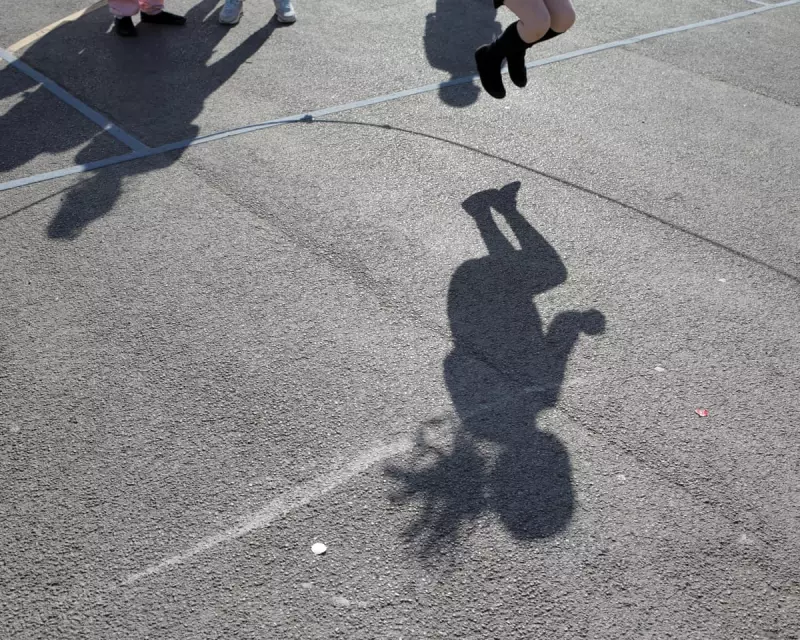
In an era dominated by structured activities and screen time, a growing chorus of experts is sounding the alarm: we need to start taking children's play seriously. New research reveals that what many dismiss as mere frivolity is actually fundamental to healthy development, yet it's being systematically eroded from modern childhood.
The Critical Role of Play in Development
Leading psychologists and educators are highlighting how play serves as the bedrock for crucial life skills. Unstructured play isn't just entertainment – it's the primary way children learn to solve problems, regulate emotions, and develop social intelligence.
Dr. Jacqueline Harding, a child development expert, explains: "When children engage in genuine play, they're not just passing time. They're building the neural architecture that will support their learning, relationships, and mental health throughout their lives."
The Modern Threats to Playtime
Several factors are conspiring to squeeze play out of children's lives:
- Academic pressure pushing formal learning into earlier years
- Over-scheduling with structured activities and tuition
- Digital displacement from screens and devices
- Safety concerns limiting outdoor exploration
- Parental anxiety about children "falling behind"
A Call for Policy Change
The evidence is compelling enough that experts are demanding serious policy consideration. They argue that protecting and promoting play requires:
- Government recognition of play as essential, not optional
- Investment in safe, accessible play spaces in communities
- Education for parents and educators about play's developmental importance
- Resistance against the premature academisation of early years
- Support for risk-taking and outdoor adventure in appropriate measures
The Long-term Consequences
Research increasingly links the decline of play to rising rates of childhood anxiety, decreased resilience, and poorer social skills. The message is clear: when we devalue play, we're compromising children's future wellbeing.
As one educator noted: "We're raising a generation that knows how to perform well on tests but struggles with creativity, collaboration, and coping with uncertainty – exactly the skills that play naturally develops."
The challenge now is whether policymakers, educators, and parents will heed the evidence and give play the serious attention it deserves.





